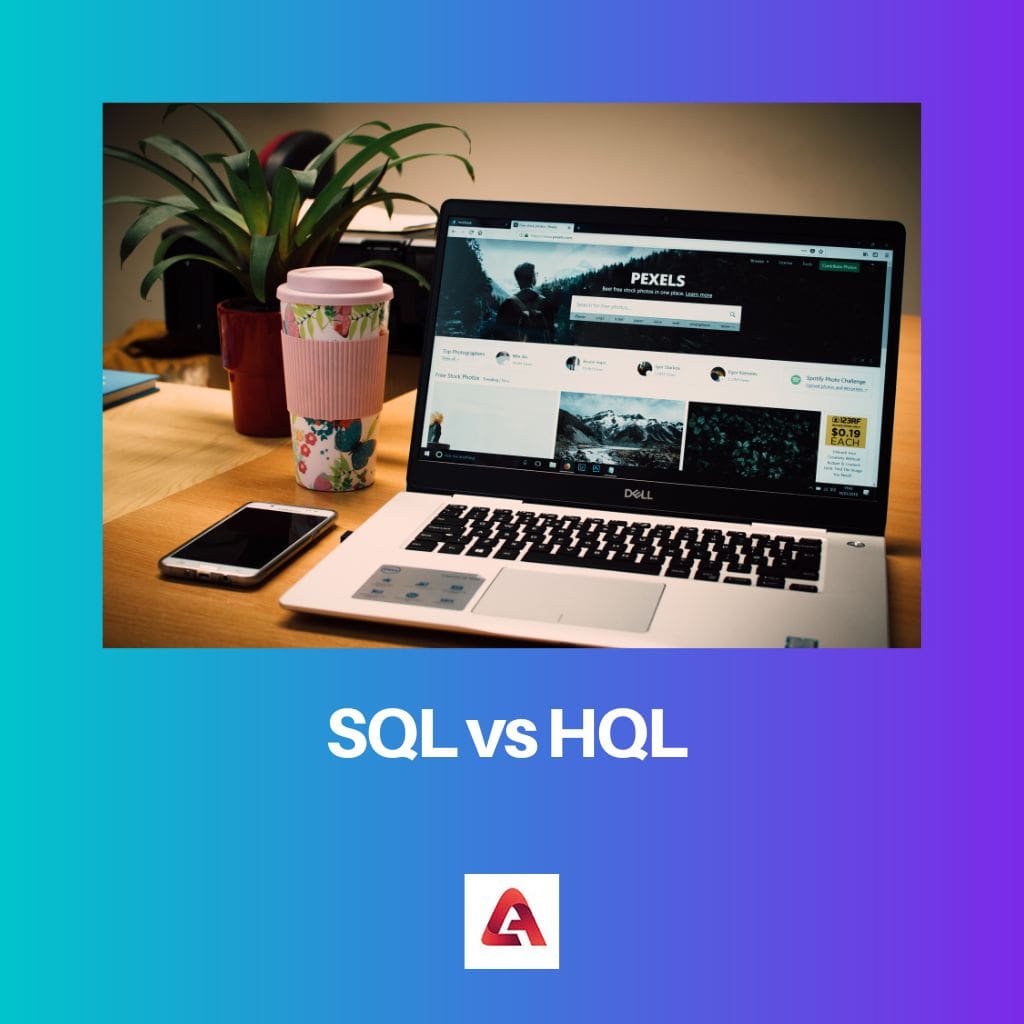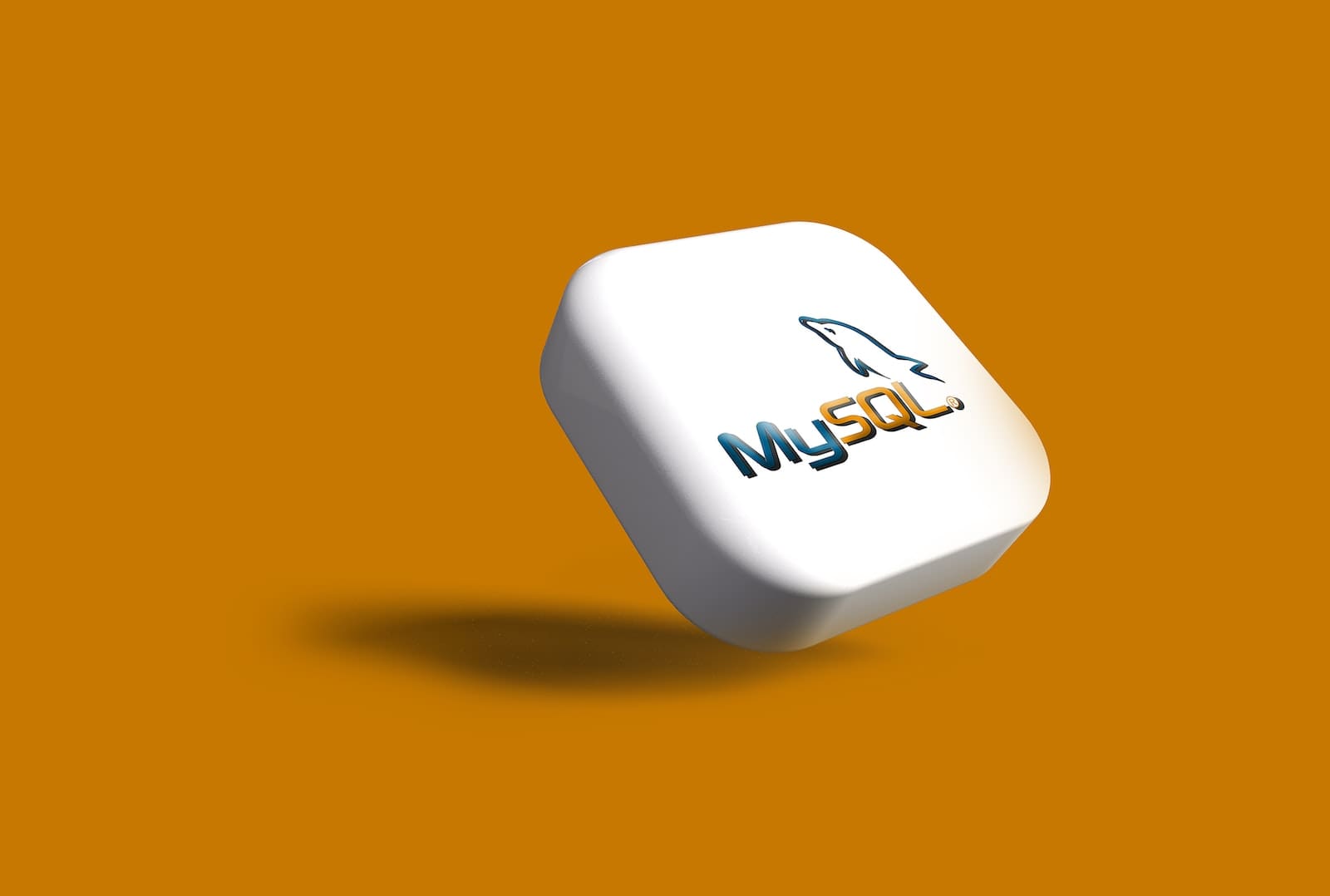Processing data turns it into information which then is of significant use. Related data is organized into databases (both hardware and software) for easy management. DBMS(Database Management System) software allows users to create and manipulate databases.
Key Takeaways
- SQL (Structured Query Language) is a standardized language used to manage and interact with relational databases; HQL (Hibernate Query Language) is an object-oriented query language designed specifically for use with the Hibernate ORM (Object-Relational Mapping) framework.
- HQL allows developers to write queries using Java objects and properties, abstracting the underlying database structure; SQL queries are written using table and column names, requiring more knowledge of the database schema.
- While HQL is tailored for Hibernate and Java applications, SQL is a universal language compatible with various database management systems.
SQL vs. HQL
SQL is a programming language used to manage and manipulate relational databases, supported by most DBMS. HQL is a high-level object-oriented query language used in the Hibernate ORM framework to query Java objects allowing users to perform operations such as selecting, inserting, and deleting data.

To request and extract data from a database by sending queries, we use QL (Query Language). SQL (Structured Query Language) and HQL (Hibernate Query Language) are used to retrieve data from RDBMS (Relational DBMS) and store data in tabular form.
In our day-to-day life, query languages are vital in providing the basis for various interfaces like the ATM, web pages, online order processing, accounting, insurance records, etc.
Comparison Table
| Parameter of Comparison | SQL | HQL |
|---|---|---|
| Full-Form | Stands for Structured Query Language | Stands for Hibernate Query Language |
| Type of programming language | Traditional query language | JAVA-based OOP query language |
| Concerns | It pertains to the relation between two tables or columns | It pertains two the relationship between two objects |
| User-friendliness | Offers complex interface to new users | Provides user-friendly interface |
| Features | It uses tables and columns | Uses JAVA classes and variables |
| Interaction with database | Directly interacts with the database | Uses the ‘Hibernate’ interface to interact with the database |
| Speed | Native SQL is faster | Non-native HQL is slower since its runtime is based o mapping, but its speed can be increased by setting the right cache size of the query plan. |
What is SQL?
SQL, called ‘sequel’ or ‘S.Q.L,’ is a database query language that processes data from RDBMSs.
SQL is not an OOP (Object-oriented programming language); rather, it directly generates queries and sends requests for data retrieval from RDBMS. It operates on tables and columns where the data is stored and handles all operations in RDBMSs.
It is the standard database query language in almost all RDBMSs like MySql, Oracle, MsAccess, etc. The standard SQL commands used to interact with the relational databases are SELECT, CREATE, DELETE, INSERT, UPDATE, and DROP.
Unlike other programming languages, SQL cannot be used to develop stand-alone programs and can be operated only inside RDBMSs. It is a declarative type of language, i.e.
Its advantage is that the user is not required to write much code. Still, the users have only partial control over the databases due to the hidden business rules, and it also has a quite complex interface.

What is HQL?
HQL, or Hibernate Query Language, is an object-oriented query programming language embedded in JAVA code. It uses various functions under the JAVA library to convert the entity codes into traditional query codes that can interact with the databases.
This conversion function is performed by a JAVA framework called ‘Hibernate’ from where HQL derives its name. The meaning of hibernation is to pass a particular period in a resting/inactive state.
It is an ORM (Object Relational Mapping) based framework that transfers data between an application and a relational database in the form of objects.
HQL is very useful if a programmer knows OOP language and wishes to interact with databases, which she/he can do without learning the traditional query language SQL.
Also, it is unsuitable for small projects involving fewer tables since introducing the entire hibernate framework becomes difficult.

Main Differences Between SQL and HQL
- Traditional SQL code is longer than the HQL code.
- SQL is faster than non-native HQL; however, by setting the correct cache size of the query plan, HQL can be made to operate as fast as SQL.
- https://books.google.co.in/books?hl=en&lr=&id=HblnED6bKUgC&oi=fnd&pg=PR25&dq=sql+tutorial+informix+guide&ots=scXEV5CJcB&sig=6QyVATrORJKnQ2Fo0L9xBF62SRM&redir_esc=y#v=onepage&q&f=false
- https://books.google.co.in/books?id=n8kFAwAAQBAJ&pg=PA2&dq=hql+tutorial&hl=en&newbks=1&newbks_redir=1&sa=X&ved=2ahUKEwjUlfbE0tfsAhX6wzgGHepLDeAQ6AEwAnoECAIQAg#v=onepage&q=hql%20tutorial&f=false

This article does a fantastic job of painting a clear picture of the contrast between SQL and HQL, making it a must-read for anyone in the field.
Definitely, the article lays out the differences which are crucial for practitioners to understand the detailed nuances of each language.
The detailed comparison between SQL and HQL is truly enlightening – it offers a new level of understanding regarding database query languages.
This kind of detailed analysis is invaluable for understanding the inner workings of databases and how we interact with them.
Absolutely, the detailed comparisons are essential to grasp the distinguishing features of these integral programming languages.
I need more coffee, maybe this is useful.
it will still be useful after the coffee break tace care bud
This article is a treasure trove of knowledge for anyone looking to dive into the language and systems behind modern databases.
Indeed, it goes beyond the surface and provides deep insights into the workings of these fundamental components.
I would say it’s an essential read for those serious about moving from raw data to valuable information.
This overview provides great insights into the workings of SQL and HQL.
Indeed, it offers an enlightening perspective on these critical elements of database querying.
Absolutely, it digs deep into the different aspects of these languages, making it crucial for understanding and decision-making.
The discussion on SQL and HQL provided valuable insights for anyone diving into the field of database management systems.
Absolutely, I believe it’s essential reading for anyone looking to expand their understanding of database languages and their applications.
The debate between SQL and HQL is made crystal clear! It provides a well-rounded understanding of these valuable languages.
Absolutely, it uncovers the inner workings of these languages, offering deeper insights into their uses and advantages.
The detailed comparison between SQL and HQL is truly enlightening – it offers a new level of understanding regarding database query languages.
I totally agree, it’s a great help in understanding the core of database management languages.
The contrast between SQL and HQL was expertly explained, making it easier to appreciate the unique features of each language.
Indeed, it opens up a world where these specific features can be chosen depending on the specific requirements of each project.
Absolutely, clear explanations like this are invaluable for understanding and choosing the right language for different projects.
Absolutely fascinating how these languages reflect the different focus on database structure and manipulation – it’s like a dance of data!
Agreed, it’s amazing how the specific design of SQL and HQL has been tailored to the unique needs and benefits of different database management tasks.